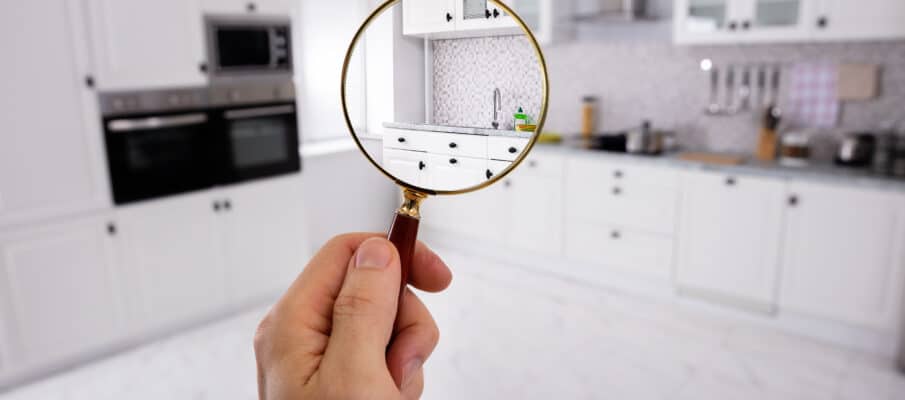Purchasing or selling a home is a significant milestone in anyone’s life, and it comes with a slew of responsibilities and decisions. One of the most crucial steps in this process is the home inspection. For both buyers and sellers, a thorough home inspection is essential to ensure a transparent and smooth transaction. In this comprehensive guide, we will explore the importance of home inspections from both perspectives and shed light on how to make the most of this critical stage in the real estate journey.
Home Inspections for Buyers:
-
**Understanding the Purpose of a Home Inspection:**
When you’re in the market to buy a home, a home inspection is your opportunity to gain a deeper understanding of the property’s condition. It helps you uncover potential issues, safety concerns, and the need for repairs or maintenance.
-
**Choosing the Right Inspector:**
Selecting a qualified and experienced home inspector is crucial. Look for someone who is licensed, has a good reputation, and is thorough in their assessments. Ask for recommendations from your real estate agent or friends who have recently purchased homes.
-
**Accompanying the Inspector:**
Whenever possible, be present during the inspection. This allows you to ask questions, seek clarifications, and gain insights into the property’s maintenance requirements.
-
**Reviewing the Inspection Report:**
Once the inspection is complete, carefully review the report provided by the inspector. It should detail all findings, including any issues or potential problems. Use this report to negotiate with the seller for repairs or price adjustments.
-
**Making Informed Decisions:**
Armed with the inspection report, you can make an informed decision about whether to proceed with the purchase, negotiate for repairs, or reconsider the deal altogether if significant issues are uncovered.
**Home Inspections for Sellers:**
-
**Preparing for the Inspection:**
As a seller, it’s in your best interest to ensure your home is in the best possible condition before the inspection. Address minor repairs, clean and declutter, and make sure all systems (plumbing, electrical, HVAC) are in working order.
-
**Choosing to Pre-Inspect:**
Some sellers opt for a pre-listing inspection, which can reveal any issues in advance. While this may require upfront costs, it can help you address problems before they become obstacles in the sale.
-
**Being Transparent:**
Disclose any known issues or defects to the buyer and their inspector. Honesty can help build trust with potential buyers and prevent future disputes.
-
**Negotiating After the Inspection:**
In most cases, buyers will request repairs or a reduction in the sale price based on the inspection report. Be prepared to negotiate and be open to reasonable requests to keep the deal on track.
-
**Completing Repairs:**
If you agree to make repairs, ensure they are completed by qualified professionals and provide documentation to the buyer as proof of the work done.
**Conclusion:**
In the world of real estate, home inspections are a vital part of the buying and selling process. For buyers, inspections provide peace of mind and the opportunity to make informed decisions. For sellers, they offer a chance to showcase the home’s condition and address any issues transparently.
Both buyers and sellers should approach home inspections with a cooperative mindset, understanding that they serve the common goal of ensuring a fair and smooth transaction. By following the steps outlined in this guide, you can navigate the home inspection process with confidence, making it a valuable tool in your real estate journey.
